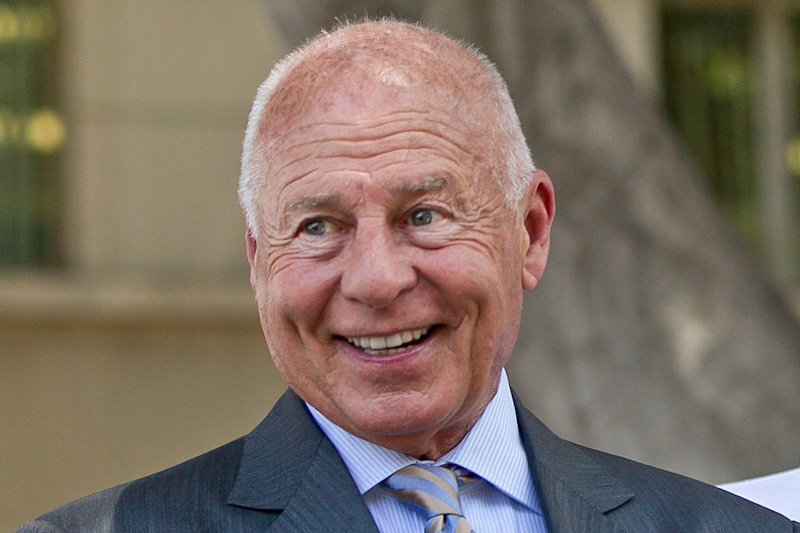California bill signed into law restricts state bar sandbox proposals
Access to Justice
California bill signed into law restricts state bar sandbox proposals
September 21, 2022, 1:42 pm CDT
Image from Shutterstock.
A State Bar of California proposal to explore law firm ownership by nonlawyers and allow paralegals to perform certain legal services was limited Sunday, when Democratic California Gov. Gavin Newsom signed a bill requiring legislative approval for regulatory sandbox spending.
Also, the new law directs the California bar to report how much that it spent to examine regulatory expansion since 2018, when its board of trustees released a commissioned study about online legal services and delivery.
Bloomberg Law and Law360 have coverage.
The study was followed by a bar-appointed task force to examine ethics rules limiting legal technology and law firm ownership for nonlawyers. In 2020, the task force released a report suggesting numerous proposals. That included allowing qualified nonlegal professionals to provide legal services under certain conditions and eliminating prohibitions against fee splitting and nonlawyer ownership of law firms.
Significant criticism came from chairs of California’s Senate and Assembly judiciary committees. A December 2021 letter to Ruben Duran, chair of the bar’s board of trustees, raised concerns about corporate interests and loosening prohibitions on nonlawyers owning law firms.
The letter also questioned whether the proposal would divert attention from the state bar’s attorney discipline system. Later, an April 2022 state audit found that the California bar prematurely closed cases warranting further investigation; failed to adequately investigate some attorneys, despite lengthy patterns of complaints; and did not identify or address conflicts of interest between staff and the attorneys they investigate.
In an emailed statement Wednesday to the ABA Journal, Duran said the state bar’s statutory mission includes increasing access to justice, and the bill signed into law by Newsom calls for engaging with “key partners” to address the issue.
“In the meantime, we continue our efforts on several fronts to strengthen the effectiveness, fairness and efficiency of our discipline system,” Duran wrote in the statement.
California is one of a few states exploring attorney regulation changes, and the issue has been examined repeatedly by the ABA. Most recently, at the 2022 ABA Annual Meeting in August, the ABA House of Delegates passed a resolution affirming support for the idea that fee sharing with nonlawyers and allowing them ownership in law firms is inconsistent with the legal profession’s “core values.”
It included language added shortly before the vote to clarify that the matter should not be read as suggesting change to a resolution passed in 2020, encouraging regulatory innovation to expand access to justice.
See also:
ABAJournal.com: “Advances in legal tech and regulatory innovation explored in new ABA report”






